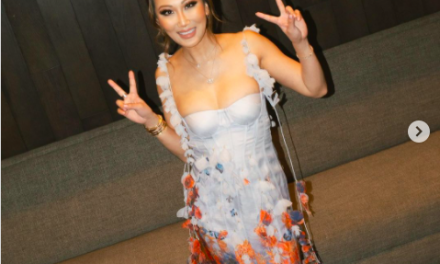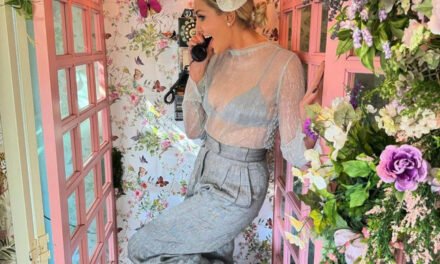
We are continuing our exploration of the four vitality domains that influence your health span. Who doesn’t love Love – in all its forms!? Reflect on your own network of loved ones and sense of connection or isolation as you read.
Here is the introductory article for a quick review of health span.
The Value of Relationships
Loneliness is associated with early mortality. Loneliness is not about feeling isolated socially; it is a deep feeling of being alone in the world. Some have described our modern-day situation as an “epidemic of loneliness.”
A Canadian study found that 30% of women over 75 feel lonely. The same study found that social connections increase the likelihood of survival in any year by more than 50%. You can easily see the significance of nurturing social connection. We all need community. How do you cultivate your social connections?
The good news is that other research reveals that becoming more socially active benefits physical and psychological well-being, no matter one’s chronological age. Here’s a wonderful bonus: socially engaged people naturally get more exercise. Do you see how the vitality domains can work together to support your health?
What Kinds of Relationships Matter?
All relationships matter… if they are authentic, from the heart. This, of course, includes your relationship with yourself.
Relationship with Self
Check in with yourself now and then to reflect on how you talk to yourself/about yourself.
Do you talk to yourself like you would your best friend? Are you being gentle, kind, and supportive with yourself? Do you let yourself notice small wins, rather than never being good enough? Right now, go look in a mirror and let yourself know how much you love and respect the woman you are. You have evolved throughout a rich journey to become who you are today.
Finding Friendships
A client who recently retired wanted to establish some personal friendships. First, she focused for several weeks on her own self-care and sense of deserving. Gradually, she began to explore communities with interests that mattered to her. From those communities, she identified others who might become friends.
Finally, her learning is about recognizing real friendship as it unfolds. A true friendship has qualities such as trust and easy intimacy. She described it as a natural give and take, or reciprocity. What are you looking for in a friendship where you are safe and can be yourself?
Having a Romantic Partner
Then, of course, there are romantic relationships. For some people, romantic partnerships provide a level of intimacy that is important. If you do not have a romantic relationship in your life and it feels like a void, then that void is real.
What we do know is that having a trusted, intimate romantic relationship does reduce stress, thus it is a positive factor in health and life satisfaction. In contrast, a relationship characterized by conflict and emotional distance has a negative impact. Obviously, we are back to leaning into relationships filled with trust and closeness.
Paying Attention to Relationships
Your attention is a pure form of love. This is true with your family, friends, and even strangers. I invite you to experiment with paying attention. When my grandson was little, we called it “special time.” I just spent time with him, doing what he wanted to do; I had no agenda and no judgment. These were some of his happiest moments.
With friends, I call it a “walk and quack.” Listen more than quack!
Do you have friends who you would like to know more deeply? Text them, call them, invite them to a walk, tea/coffee, or to an event. Perhaps that is the opening they have been waiting for to get to know you better. Do what works for you. I like to have friend time a couple of times a week. For you, it may be once, or several.
Social Media
Research shows that using social media to actively engage with others has a positive impact on well-being. Take a moment to review how you approach using social media and how you feel after using it. If you feel engaged and alive, then all is well. If you feel depleted, depressed, or sad, then rethink your approach.
Of course, social media can be one way of not paying attention. Double check if you let using social media get in the way of in-person connection. You might even take a technology free day, just to see what it feels like. Maybe you will want more!
Community
Beyond personal connections, feeling a part of a community can dispel any feeling of isolation. There also may be future friends just waiting for you!
What communities are you a part of? What communities might you join? Think about spiritual communities, book groups, volunteer groups for the arts or social causes. You might join a group focused on a specific activity like walking, hiking, or biking. One of the best things I have ever done for myself is join a women’s paddling team. We are “sisters.”
Let’s Have a Conversation:
I’d love to hear about how you cultivate your social connections. What are your tips for nurturing intimate friendship? Do you ever feel isolated? How do you manage it?





